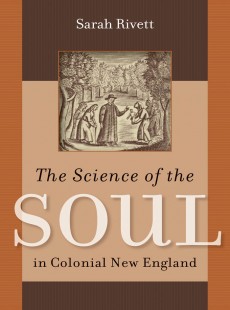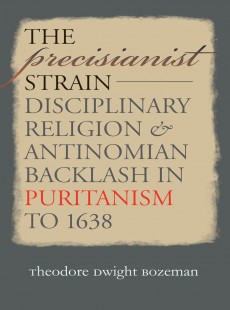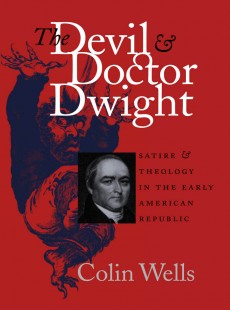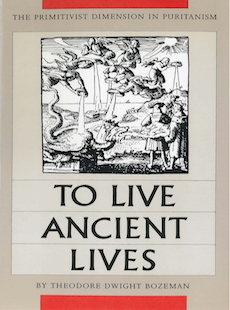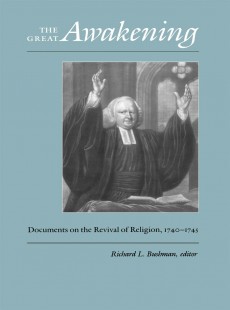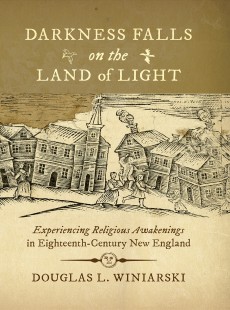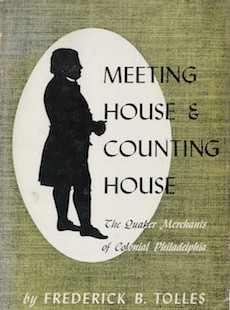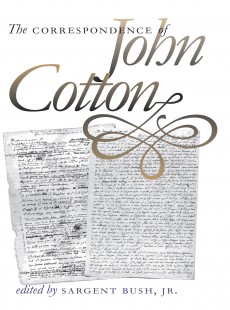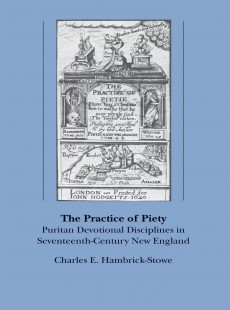
The Practice of Piety
Puritan Devotional Disciplines in Seventeenth-Century New England
Charles E. Hambrick-Stowe
 Publisher: Omohundro Institute
Publisher: Omohundro Institute
Imprint: OIEAHC
Published: 02/1982
Reprint: 1986
Pages: 320
Subject: Religion, History
Paperback ISBN: 9780807841457
eBook ISBN: 9781469600048
DESCRIPTION
A moving and vivid account of what it meant to be a Puritan, this account draws on diaries, spiritual biographies, and devotional manuals to explore the daily and weekly ritual and discipline. The devotional movement was at the heart of Puritanism, and the spiritual pilgrimage was the soul's progress from birth to death to rebirth and eternal glory. Puritan worship brought together college student and illiterate farmer, giving coherence to the community.
ABOUT THE AUTHOR
Charles E. Hambrick-Stowe is Vice President for Academic Affairs, Dean of the Seminary, and professor of Christian history at Northern Seminary in Lombard, Illinois. He is the author of several books, including Charles G. Finney and the Spirit of American Evangelicalism.
AWARDS
REVIEWS
"Hambrick-Stowe shatters the popular image of neurotic Puritans searching anxiously, almost pathetically, for signs of salvation. The men and women who appear in this book derived joy, excitement, even sensual fulfillment from the contemplation of God."
--T. H. Breen, The Historian
"This handsome, well-written book provides perhaps the most enlightening report we have had on New England Puritanism. It persuasively describes piety as the operating force of the religious phenomenon that has been the subject of so much investigation."
--Everett Emerson, American Literature
"Hambrick-Stowe's central and stunning achievement in this book is his capacity for describing clearly and even movingly the dynamic of Puritan piety. This book will be widely read and discussed by historians of American religious history, but it ought to be read as well by pastors and lay people. It will tell anyone who delves into it something about themselves and even more about the nature of the Christian life, and it does so in clear, graceful prose."
--Theology Today
RELATED TITLES



